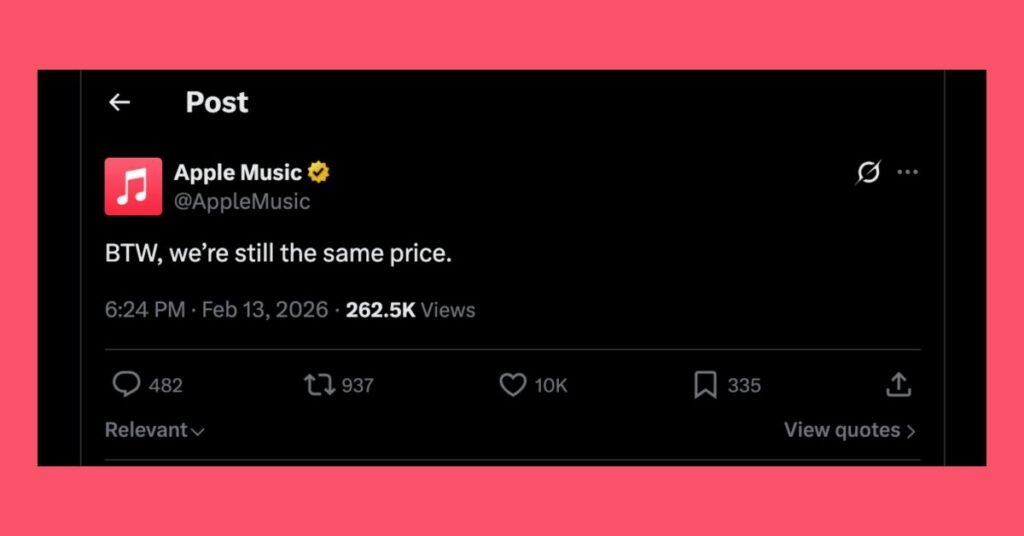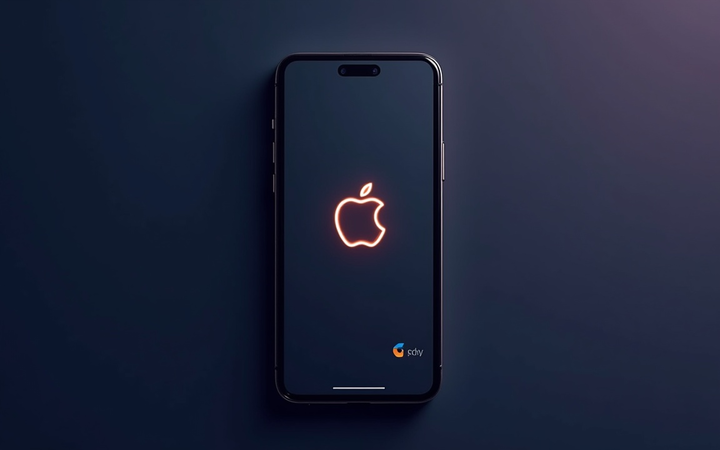[Rappler’s Best] The Davao patron surrenders
SUMMARY
This is AI generated summarization, which may have errors. For context, always refer to the full article.
Five months after he vowed he “will not be caught alive” and seven months after former president Rodrigo Duterte himself gave a piece of advice “to just get yourself arrested,” Pastor Apollo Quiboloy (donning what looked like a keffiyeh!) surrendered on Sunday, September 8, to the top echelons of two institutions that he had aided and obliged for decades in the Davao region. I refer to the Philippine National Police (PNP) and the Armed Forces of the Philippines (AFP).
Quiboloy’s entrenched ties with the PNP and the AFP are the very reason they took this long to get him. The irony was probably not lost on the doomsday preacher — that the commanders whose units he showered with vehicles, parties, and gifts during his heyday had closed in on him in his sprawling kingdom. This is not to diminish the covert and overt efforts of the Intelligence Service of the AFP, the PNP Intelligence Group, and the Davao veterans in the police and the military that eventually pushed Quiboloy to a corner. But the elephant in the room is this: Quiboloy could have greased his way out with the PNP and the AFP (as he did in the past years), if not for the fact that Team Unity is no more, and the winds are definitely blowing away from Davao.
It’s common knowledge that for years, as the police and military battled communist guerrillas in the Davao Region — former bastion and stronghold of the New People’s Army — they enjoyed ample support from Quiboloy who willingly assisted them when they needed extra vehicles and extra cash for their operations, and extra allowance when they needed to unwind. Why, he was even wearing an Agila cap (the AFP’s 10th Infantry Division in Davao Region is named the Agila Division) during his surrender! Move over, Alice Guo.
In a statement last night, Quiboloy’s lawyer Israelito Torreon said his client “decided to make the ultimate sacrifice by surrendering himself to the PNP and AFP through the valiant and facilitative efforts exerted by Davao del Norte Governor Edwin Jubahib.” He named the police and military officers who apparently helped make the surrender happen, most especially the former police regional chief of Davao, Major General Benjamin Silo Jr., “whose character, integrity and honesty convinced” Quiboloy to “submit himself to the folds of the law.” Silo was one of the Davao commanders who submitted a courtesy resignation to Interior and Local Government Secretary Benhur Abalos in January 2024. He was removed from Davao and transferred to Camp Crame as head of the PNP Civil Security Group.
Various external factors shrank Quiboloy’s kingdom:
- Let’s not forget that in 2018, Quiboloy did carry with him to the US $350,000 in undeclared cash and rifle parts in a private plane that he had flown in, along with five associates. This prompted Hawaii to temporarily hold him – and set off a process of discovery that led to an indictment for trafficking workers and breaking immigration rules.
- The US Federal Bureau of Investigation put him on its most wanted list in 2022. American tech platforms followed, shutting down his social media accounts and removing SMNI channels from them.
- Congress and the justice department initiated multi-faceted probes into Quiboloy and his activities. In March this year, Rappler exposed his multi-million properties in the US and Canada. Read the first part here and the second part here.
- Also in March, a Davao court issued an arrest warrant against Quiboloy and his five associates at the Kingdom of Jesus Christ pertaining to charges related to child and sexual abuses. Because of his refusal to face the Senate, the upper chamber also ordered him arrested.
- Then the PNP revoked his firearms licenses. The police started raiding his compound in June but botched the effort, prompting heads to roll in the PNP.
- Here’s a timeline of the Quiboloy-KOJC saga.
If there’s any lesson that the police and military must learn from this Quiboloy episode, it is that incestuous ties have massive consequences — including being forced to eventually bite the hands that fed you. Not to mention getting wounded as a result; the PNP said at least 60 of its men were hurt in the standoff with KOJC followers before the Sunday surrender.
On Monday, September 9, Quiboloy is scheduled to finally face the court. He had been asking, as a condition for his surrender, for the Philippines not to send him to the US. President Ferdinand Marcos Jr. told reporters on Monday that this condition was repeatedly rejected and that the government made clear that no conditions would be attached to his sur
Be the first to write a comment.












Postmedia is committed to maintaining a lively but civil forum for discussion. Please keep comments relevant and respectful. Comments may take